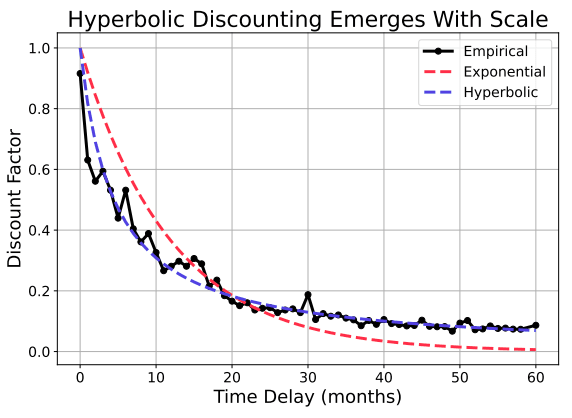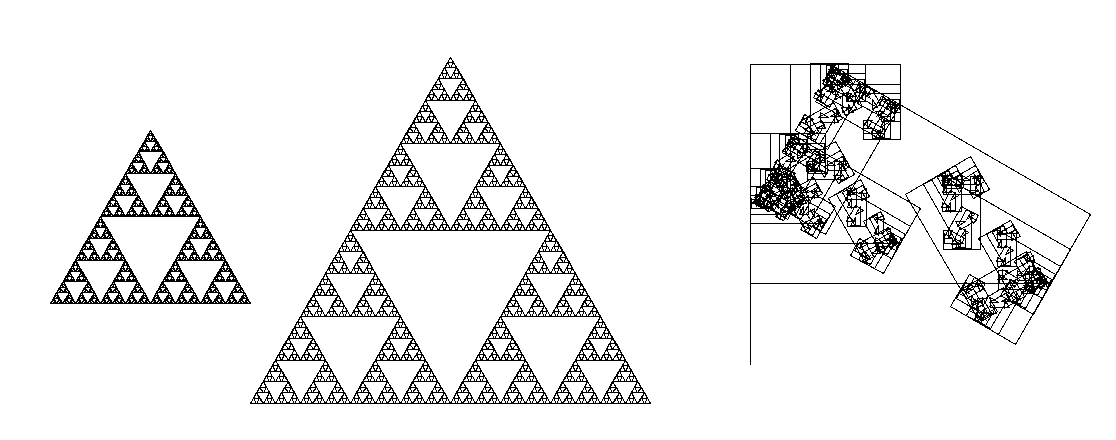Loss Curves
Or, why GAN training looks so funky. Solomonoff's Lightsaber > The simplest explanation is exponentially more important. Suppose I give you a pattern, and ask you to explain what is going on: 1,2,4,8,16,… Several explanations might come to mind: * "The powers of two," * "Moser's circle problem," * x424−x312+11x224+7x12+1, * "The counting numbers in an alien script," * "Fine-structure constants." Some of these explanations are better than others, but they could all be the "correct" one. Rather than taking one underlying truth, we should assign a weight to each explanation, with the ones more likely to produce the pattern we see getting a heavier weight: Grand Unified Explanation=∑wexplanation⋅explanation. Now, what exactly is meant by the word "explanation"? Between humans, our explanations are usually verbal signals or written symbols, with a brain to interpret the meaning. If we want more precision, we can program an explanation into a computer, e.g. fn pattern(n) {2^n}. If we are training a neural network, an explanation describes what region of weight-space produces the pattern we're looking for, with a few error-correction bits since the neural network is imperfect. See, for example, the paper "ARC-AGI Without Pretraining" (Liao & Gu). Let's take the view that explanations are simply a string of bits, and our interpreter does the rest of the work to turn it into words, programs, or neural networks. This means there are exactly 2n n-bit explanations, and the average weight for each of them is less than 1/2n. Now, most explanations—even the short ones—have hardly any weight, but there are still exponentially more longer explanations that are "good"[1]. This means, if we take the most prominent n explanations, we would expect the remaining explanations to have weight on the order of exp(−n). Counting Explanations > What you can count, you can measure. Suppose we are training a neural network, and we want to count how many explanations it has learned


In cultures with less fanatic ideologies, you see more and deadlier wars (e.g. China vs. Europe). This seems counterintuitive, until you remember that every fanatic ideology started with a single person. Without a clear winner, more people will start their own cult followings and go to war with the other groups.